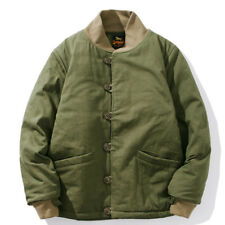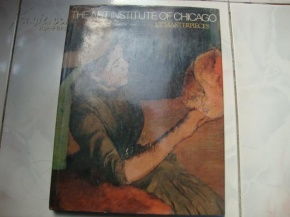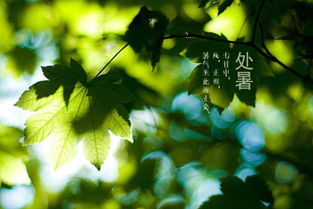Content:
Winter outdoor fishing can be a challenging but highly rewarding experience. The crisp air, the serene beauty of nature, and the thrill of catching fish in cold conditions make it a unique pastime. However, to ensure a successful winter fishing trip, it's crucial to equip yourself with the right knowledge and techniques. Here's a comprehensive guide on how to fish effectively in the winter months.
Choose the Right Location
Finding the right spot is the first step to a successful winter fishing adventure. During the colder months, fish tend to congregate in deeper waters where the temperature is more stable. Look for areas such as:
- Deep pools
- River bends
- Drop-offs
- Structure such as rocks, logs, or weed beds
Research local lakes, rivers, and streams to identify the best locations for winter fishing in your area.
Select Appropriate Gear
The gear you use during winter fishing should be designed to handle the cold and provide the necessary sensitivity for detecting fish. Here are some key items to consider:
- Rod and Reel: Choose a rod with a fast action that allows for quick hooksets and retrieves. A reel with a smooth drag system is also essential to handle the fight with winter fish.
- Line: Use a heavier line than you would in warmer months to combat the cold water's density. Monofilament or braided line with a lower melting point is ideal.
- Lures and Baits: Select lures and baits that mimic natural prey and are effective in cold water. Jigs, spoons, and soft plastics are popular choices.
- Winter-Proof Clothing: Dress in layers to stay warm and dry. Wear insulated waders, a waterproof jacket, a thermal undershirt, and a hat to protect your head and ears.
Understand Winter Fish Behavior
Fish behavior changes significantly during the winter. Here are some key points to consider:
- Lower Activity: Fish are less active in cold water, so they require more energy to maintain their body temperature. This means they are more cautious and may be more difficult to catch.
- Temperature Sensitivity: Fish are highly sensitive to temperature changes. Look for areas with stable temperatures or where the water is slightly warmer.
- Feeding Patterns: During winter, fish may feed less frequently. Therefore, it's important to be patient and wait for the right moment to cast.
Adjust Your Techniques
To adapt to winter fishing conditions, consider the following techniques:
- Patience: Be prepared to wait longer between casts. Fish may not be as active, so patience is key.
- Longer Rigs: Use longer leaders and heavier jigs to ensure your bait reaches the fish effectively.
- Bait Presentation: Fish may be more cautious, so a slower and more natural presentation is often more effective.
- Trolling: Trolling can be an effective method during winter, especially in deeper waters. Use slow speeds to simulate natural prey movement.
Monitor Weather Conditions

Winter weather can be unpredictable, so it's important to keep an eye on the forecast. Fish are sensitive to changes in water temperature and oxygen levels, which can be affected by weather conditions. Avoid fishing during extreme cold or windy days, as these can stress fish and make them less likely to bite.
Practice Safety
Winter fishing can be dangerous, so always prioritize safety. Here are some tips to keep in mind:
- Check Ice Conditions: If you're fishing on a frozen lake, ensure the ice is thick and safe to walk on. Never fish alone, and always carry safety gear such as a life jacket, ice spikes, and a first aid kit.
- Stay Hydrated and Fed: The cold can sap your energy quickly, so stay hydrated and eat regular meals to maintain your body temperature and energy levels.
- Be Aware of Hypothermia: Hypothermia can set in quickly, especially if you're wet or wind-chilled. Wear appropriate clothing and be aware of the signs and symptoms.
In conclusion, winter outdoor fishing requires a different approach than fishing in warmer months. By choosing the right location, gear, and techniques, understanding fish behavior, and prioritizing safety, you can enjoy a successful and memorable winter fishing experience. Remember to dress warmly, be patient, and above all, have fun exploring the beauty of nature during the colder months.












